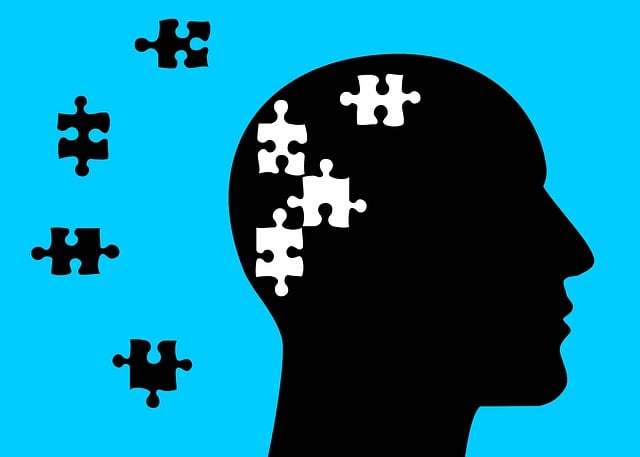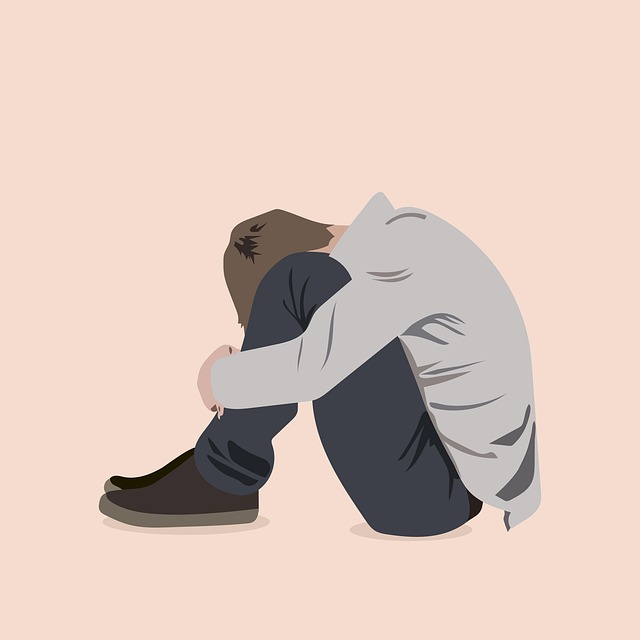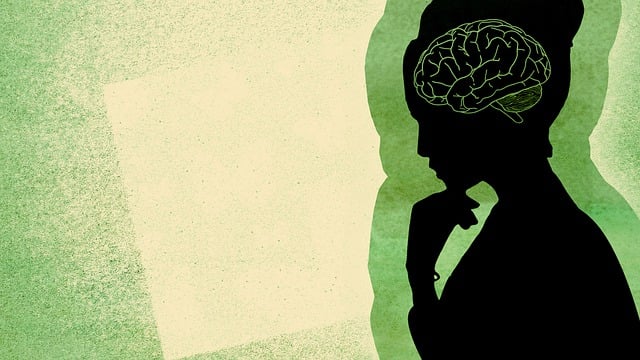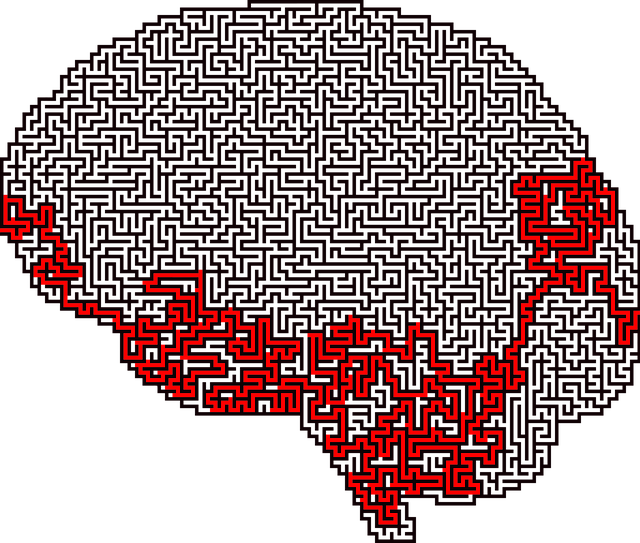Navigating mental health diagnoses during adolescence requires early intervention, with therapy serving as a crucial tool. Structured counseling sessions help teens develop coping mechanisms, emotional intelligence, and inner strength in a stigma-free environment. Creative activities like journaling promote self-expression and mood management. Cognitive Behavioral Therapy (CBT), Mindfulness-Based Stress Reduction (MBSR), and Eye Movement Desensitization and Reprocessing (EMDR) offer effective treatment options for anxiety, depression, and trauma. Supportive family and peer connections foster resilience and emotional healing. Through therapy, teens learn to manage relationship dynamics, practice self-reflection, and develop coping strategies, ultimately building resilience for long-term mental well-being.
Mental illness diagnosis and treatment navigation can be complex, especially for adolescent teens. This article guides you through understanding mental health diagnoses specific to this age group, exploring various therapy options and support services available. We delve into the crucial role of family and peer relationships in a teen’s recovery process. Additionally, we offer practical strategies for building resiliency, fostering long-term mental well-being, and addressing common relationship issues that may arise during treatment.
- Understanding Mental Health Diagnoses for Adolescent Teens
- Navigating Treatment Options: Therapy and Support Services
- The Role of Family and Peer Relationships in Recovery
- Building Resiliency: Strategies for Long-term Mental Well-being
Understanding Mental Health Diagnoses for Adolescent Teens

For adolescent teens, navigating mental health diagnoses can be a complex and often confusing journey. It’s important to understand that mental illness doesn’t discriminate by age; many conditions, such as depression, anxiety disorders, or even bipolar disorder, can manifest during the teen years. This period of life is characterized by significant emotional and physical changes, which can make it particularly challenging for teens to recognize and communicate their inner struggles. As a result, early intervention becomes crucial in ensuring these issues are addressed promptly.
Therapy for adolescent teens plays a pivotal role in managing relationship issues and fostering mental wellness. Through structured counseling sessions, teens can learn valuable coping mechanisms, develop inner strength, and gain insights into their emotions. A supportive therapy environment encourages open dialogue, allowing teens to explore their thoughts and feelings without stigma. Additionally, integrating activities like journaling exercises can offer a creative outlet for self-expression, promoting better mood management. By combining professional guidance with personal reflection, adolescent teens can embark on a path towards healing and building resilience.
Navigating Treatment Options: Therapy and Support Services

Navigating treatment options is a critical step for anyone dealing with mental illness. For adolescent teens experiencing relationship issues, therapy can provide a safe space to explore emotions and develop coping mechanisms. Cognitive Behavioral Therapy (CBT), for instance, is widely recognized for its effectiveness in addressing various mental health concerns, including anxiety and depression, by teaching individuals how to identify and change negative thought patterns.
Beyond traditional therapy, compassion cultivation practices and trauma support services play a significant role in emotional healing processes. These approaches, such as Mindfulness-Based Stress Reduction (MBSR) and Eye Movement Desensitization and Reprocessing (EMDR), can help teens process traumatic experiences and cultivate self-compassion, fostering resilience and a greater sense of well-being. Engaging in these services can be transformative, offering valuable tools for managing symptoms and improving overall mental health.
The Role of Family and Peer Relationships in Recovery

The role of family and peer relationships is integral to the recovery process for mental illness, especially among adolescent teens. Supportive relationships can provide a sense of belonging and validation, which are crucial for building resilience against internalized negative beliefs. Family members and peers can offer emotional healing processes through active listening, empathy, and encouragement, enhancing the individual’s coping mechanisms. Therapy for adolescent teens often includes guidance on navigating these relationships, addressing any relationship issues that contribute to or exacerbate mental health concerns.
Incorporating mental wellness journaling exercises into this dynamic can further strengthen the emotional healing processes. By documenting thoughts, feelings, and interactions, teens gain valuable insights into their behaviors and triggers. This self-reflective practice fosters better understanding of oneself and one’s support system, thereby improving communication and strengthening bonds. Mental health awareness cultivated through these practices empowers individuals to seek appropriate therapy and advocate for their needs within relationships, ultimately contributing to a holistic approach to recovery.
Building Resiliency: Strategies for Long-term Mental Well-being

Building resilience is a cornerstone for fostering long-term mental well-being in adolescents and teens navigating relationship issues. Therapy sessions can equip young individuals with self-awareness exercises that promote emotional intelligence, enabling them to understand and manage their feelings effectively. By enhancing emotional regulation skills, teens gain the ability to respond, rather than react, to challenging situations. This proactive approach not only helps in managing existing mental health conditions but also prevents future crises.
Self-Awareness Exercises play a pivotal role in this process, encouraging teens to identify triggers and develop healthy coping mechanisms. Through therapy, they learn to recognize emotional patterns, fostering self-compassion and resilience. Emotional Regulation techniques, such as mindfulness and deep breathing exercises, provide tools for calming the mind and body during moments of distress. Integrating these practices into daily routines empowers adolescents to maintain mental balance even when facing relationship challenges.
Mental illness diagnosis and treatment can be a complex journey, especially for adolescent teens navigating their first experiences with mental health challenges. By understanding the various aspects of mental health diagnoses, exploring tailored therapy options like individual or group counseling, fostering supportive family and peer relationships, and implementing resilience-building strategies, young individuals can embark on a path to long-term mental well-being. These comprehensive approaches, focusing on evidence-based therapy for adolescent teens and addressing relationship issues, are key to empowering teens to manage their mental health effectively.












